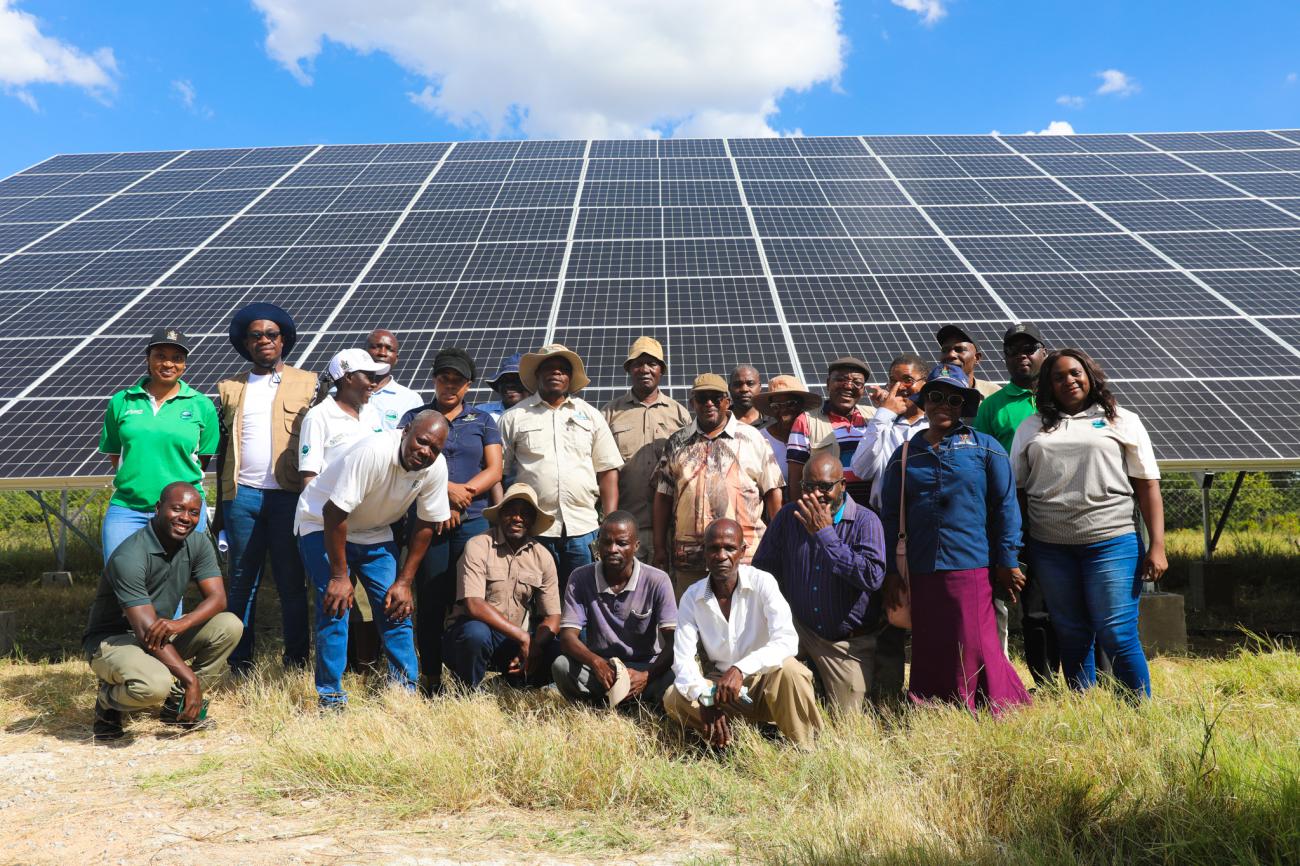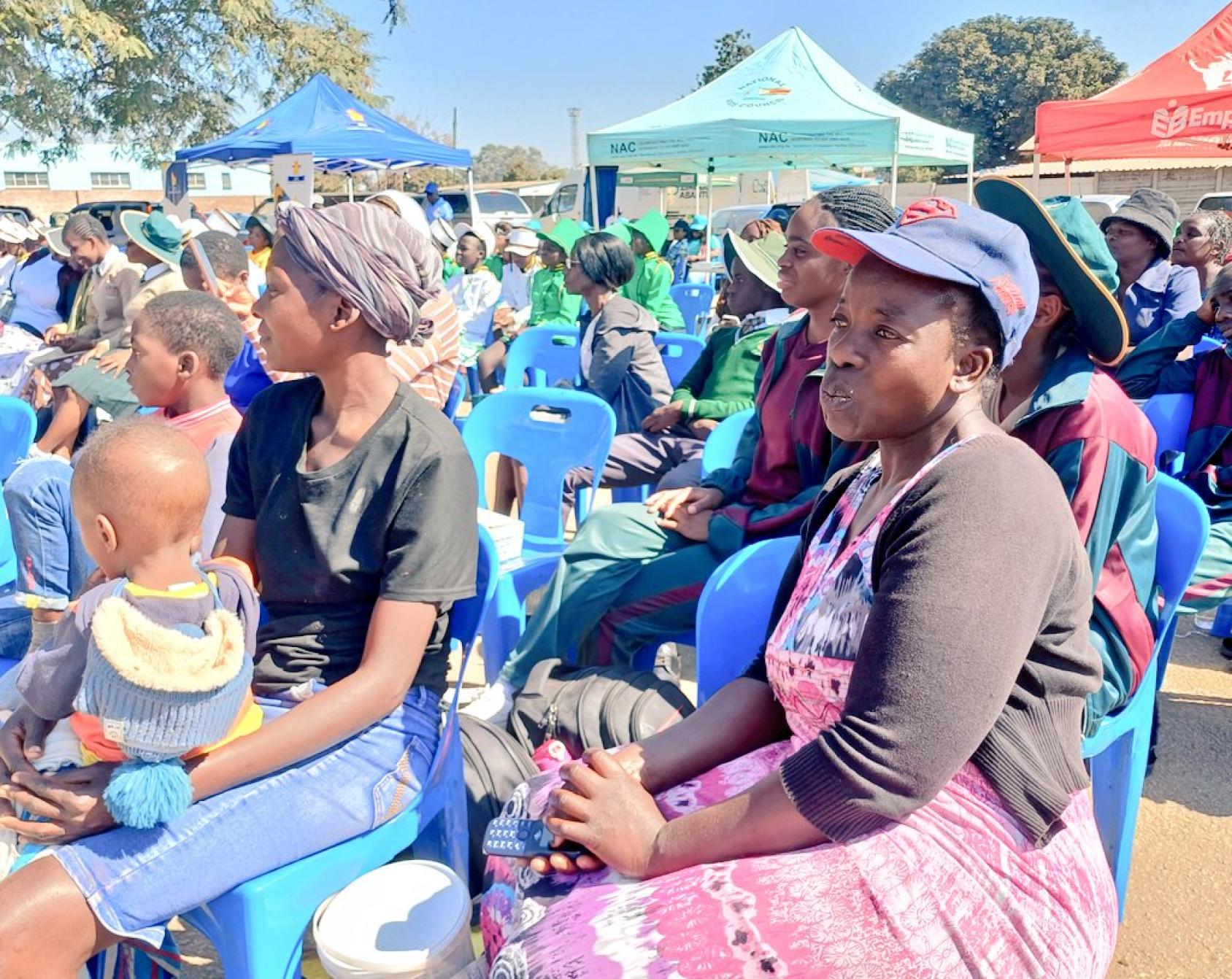No More Business as Usual: Zimbabwe’s Big Energy Finance Experiment

What if the answer to Africa’s energy crisis wasn’t more aid—but smarter finance?
In Zimbabwe, a bold experiment is underway. As international aid dwindles and development costs rise, the UN Country Team is flipping the script—partnering with the private sector to turn limited donor funding into long-term investment in clean energy. At the heart of this shift is UN Resident Coordinator Edward Kallon, who calls it nothing short of “a paradigm shift.”
Why the shift?
The world’s traditional development financing model is faltering. Overseas Development Assistance (ODA)—once a cornerstone of support for developing countries—is drying up due to shifting geopolitics and mounting domestic pressures in donor countries.
“ODA is unlikely to increase in the short to medium term, especially in a world that has become more transactional, less generous, less strategic, and less rule-based,” says RC Kallon.
A new playbook
In response, the UN in Zimbabwe is pioneering a new approach—one that focuses on impact over volume. Instead of asking for more, the team is asking: how can we make what we have go further?
“As development practitioners, we must focus on increasing the impact of aid—using it to attract private capital, stem capital flight, raise domestic savings, and shift resources from debt servicing to development,” RC Kallon explains.
That philosophy is driving one of Zimbabwe’s most ambitious financing innovations: a blended finance initiative that combines public and private capital to expand access to renewable energy.

A partnership with power
What sets this effort apart is not just the funding—but the financing model itself. The initiative began with a strategic partnership between the UN and Old Mutual Investment Group, one of Zimbabwe’s largest financial institutions.
The results? Clear and catalytic:
- US$10 million from the Joint SDG Fund
- US$10 million from Old Mutual
- US$1 million from the Government of Zimbabwe
- US$21 million in total capital committed, with the potential to unlock another US$10 million in debt capital, which refers to loans or bonds the fund can secure—often from banks or impact investors—that will need to be repaid, typically with interest, over a fixed period.
The goal is to scale this Renewable Energy Fund to US$100 million—bringing reliable, clean power to underserved communities and fueling green jobs.
Financing with values
But finance alone isn’t enough. Accountability and alignment with the SDGs remain central. At the core of the Renewable Energy Fund’s credibility is the strategic coordination led by Resident Coordinator Kallon. He underscores the UN’s role not only in convening but also in shaping investment toward sustainable development outcomes.
Under his stewardship, the UN Educational, Scientific and Cultural Organization (UNESCO), the UN Capital Development Fund (UNCDF), the UN Development Programme (UNDP) and UN Women have partnered with Old Mutual Investment Group to operationalize a blended finance norm that aligns financial returns with strong social and environmental safeguard
Local resources, local ownership
What makes the fund especially promising is its local anchor. By applying for prescribed asset status, the fund seeks access to Zimbabwe’s own pension and insurance markets—mobilizing domestic capital for national development.
There’s more: the fund is also exploring how to channel diaspora remittances—a major untapped source of capital—into long-term, productive investments.
This is how Zimbabwe is moving from funding development needs to financing the future of its people.
A glimpse of the future
Zimbabwe’s experience is more than a success story. It’s a preview of where development finance must go. In a constrained global landscape, it shows what’s possible when bold partnerships meet smart capital strategies.
With the Fourth International Conference on Financing for Development (FfD4) on the horizon, Zimbabwe offers a compelling case for locally led, catalytic finance—exactly the kind of innovation needed to achieve the Pact for the Future and accelerate the Sustainable Development Goals.
Because in today’s world, it’s not just about spending more—it’s about investing smarter.
To read more about the UN's work in Zimbabwe visit zimbabwe.un.org.













